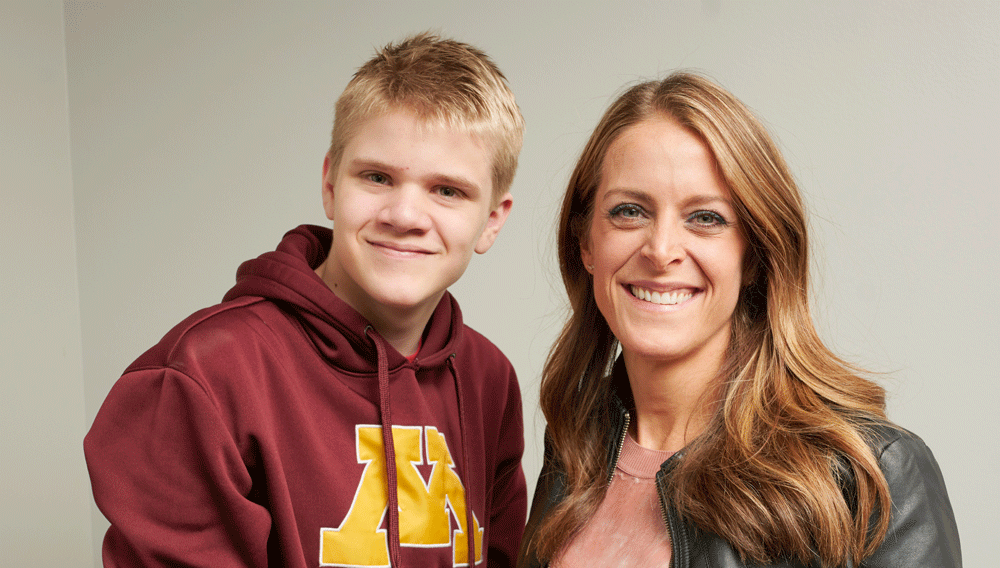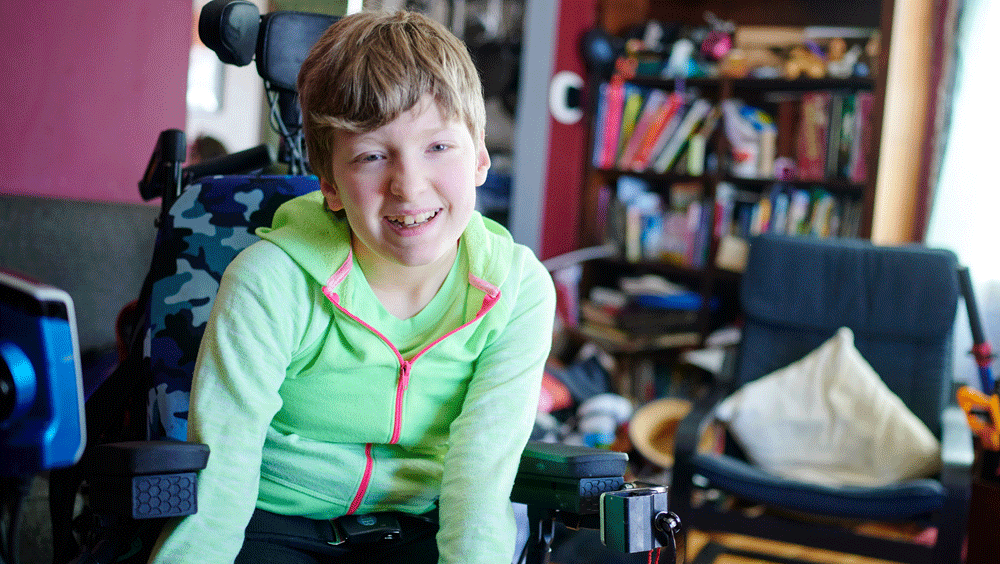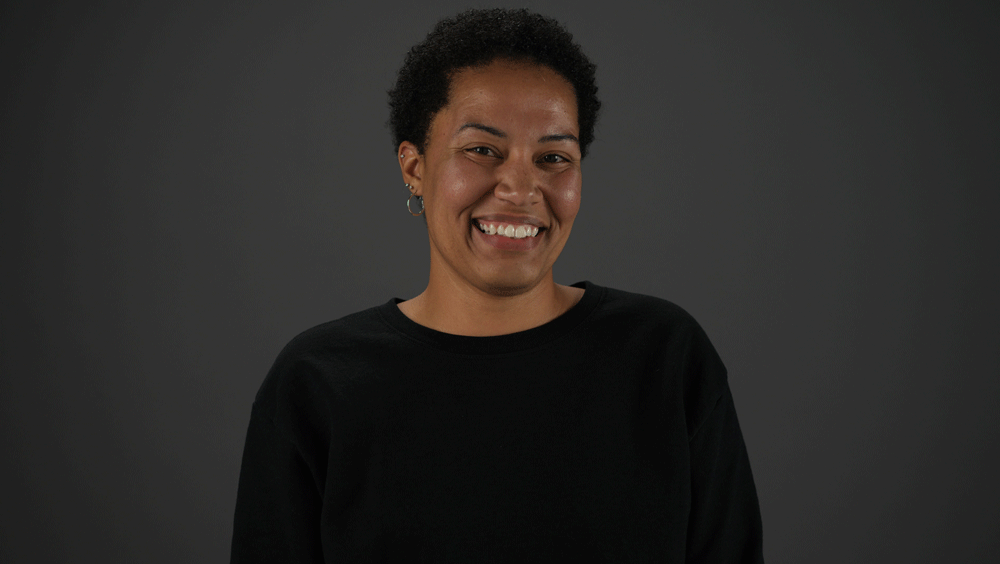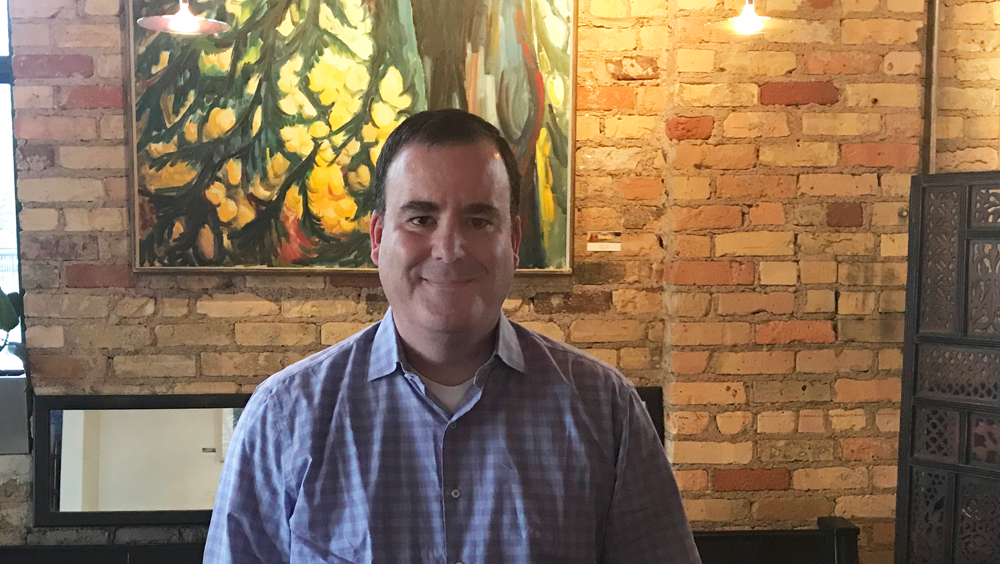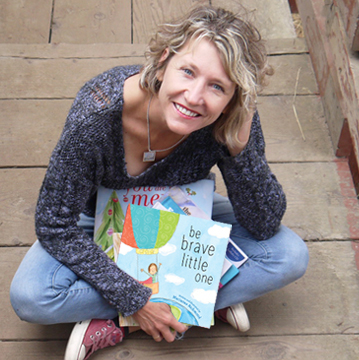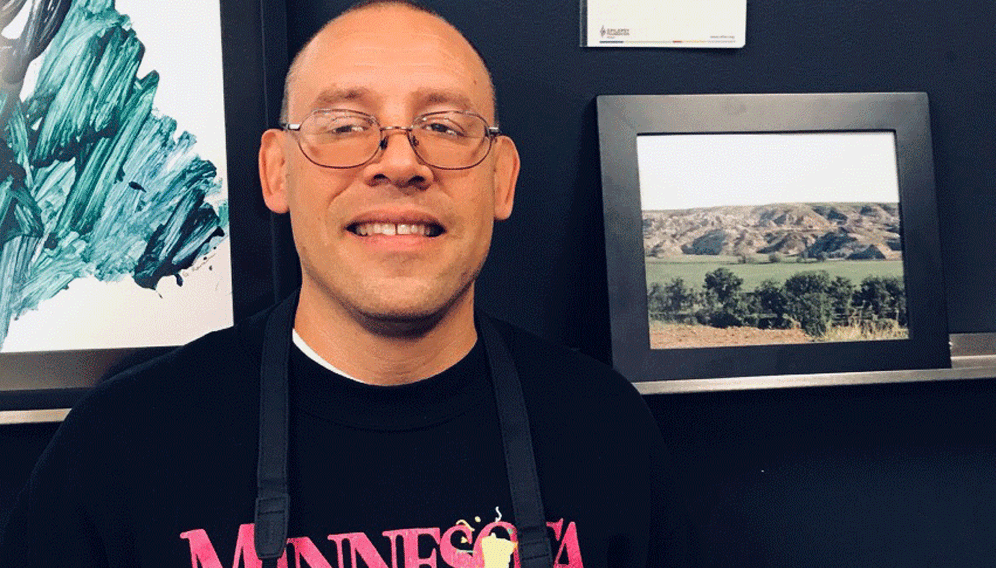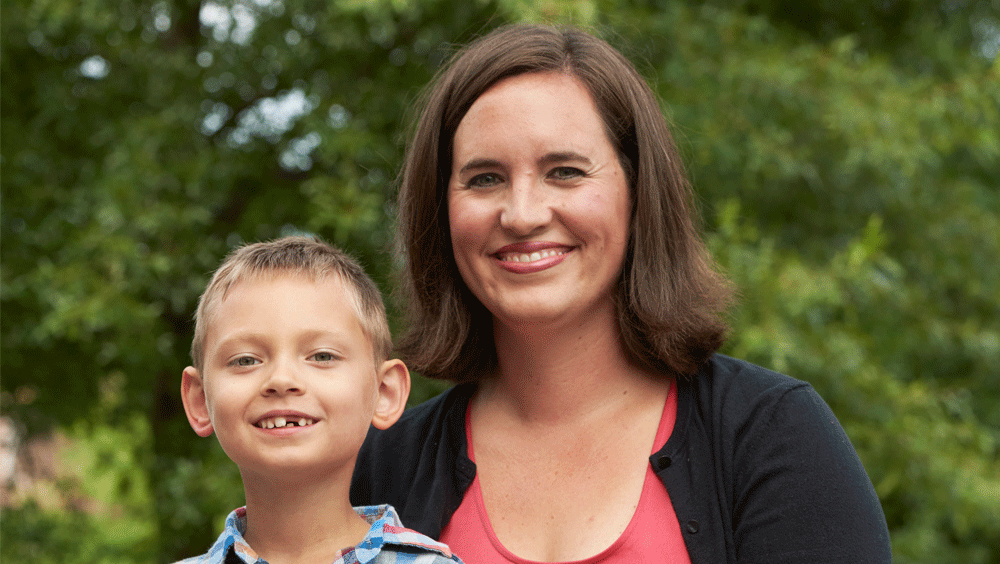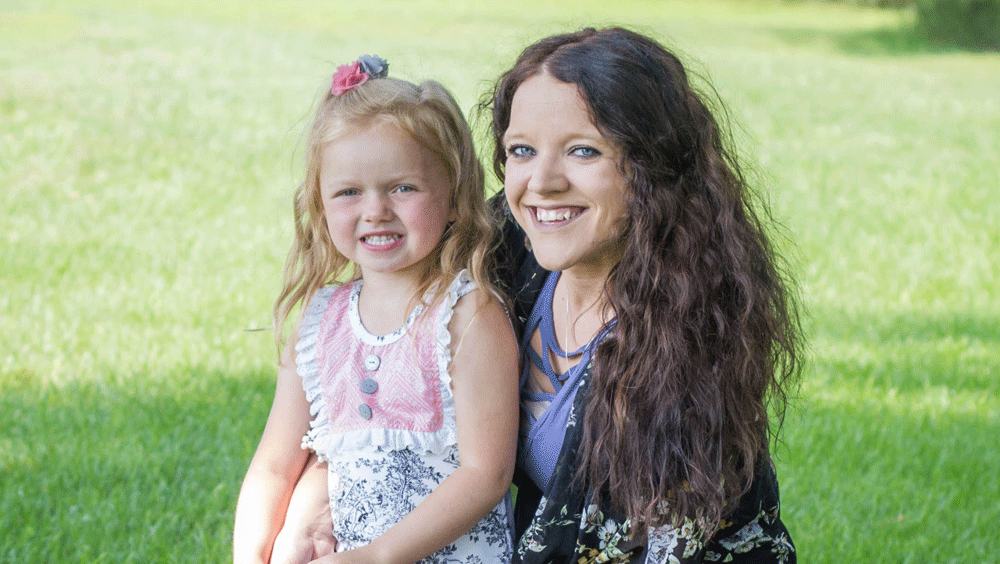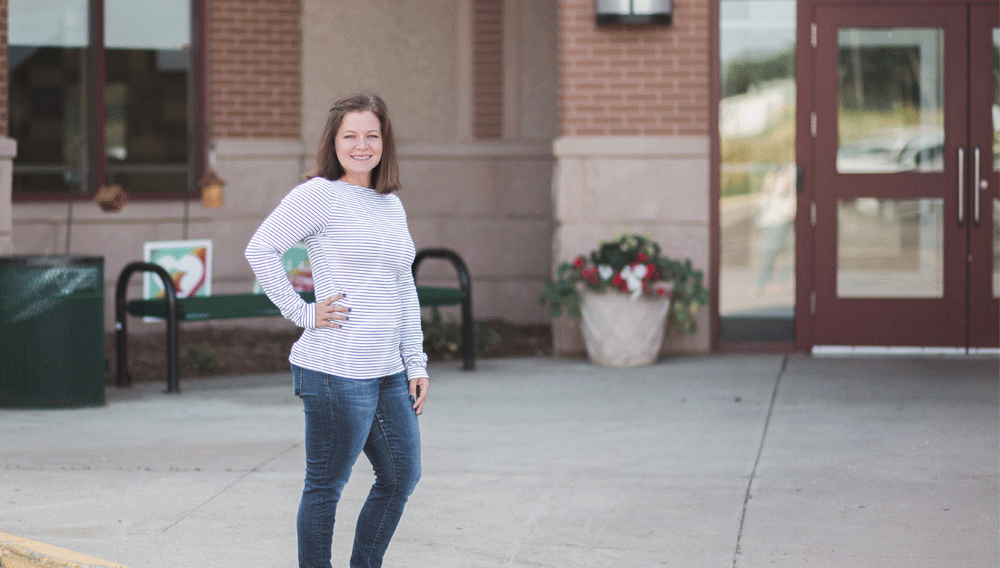Category: Thriving with Epilepsy
The Epilepsy Foundation of Minnesota periodically features a “Thriving with Epilepsy” story about everyday heroes living with epilepsy in our community.
Thomas and Anna Putnam share a bond unlike any other brother and sister. They may just be the only non-twin siblings to have an SCN8A epilepsy diagnosis in the world. This rare form of epilepsy is due to a sodium channel disorder and affects the 14-year-old Thomas and 11-year-old Anna in similar ways.
Read MoreMara LeRoy is always looking for her next activity. She recently learned about indoor skydiving, which naturally she had to try, and just finished up her eighth year of adapted downhill skiing. She’s eager now for the snow to back off and plans to attend the Epilepsy Foundation of Minnesota’s (EFMN) Family Camp for the third consecutive year this July. Mara has had epilepsy her whole life, but because she uses a wheelchair to get around she hasn’t been able to attend Camp OZ. She has found Family Camp to be a fun day camp that offers some great activities.
Read MoreThe message Shar McPherson shares with others is that if you want to create change, you need to speak up. Whether it’s to raise awareness, receive help, or push for legislative policies that improve the lives of people with epilepsy, Shar is a vocal advocate and invites others to join her.
Read MoreBeing diagnosed with a rare form of epilepsy comes with its own unique challenges, but that doesn’t mean you have to go through it alone. Since their daughter Ellis was diagnosed with Doose Syndrome, Erik and Kendra Weiss have used monthly EFMN Connect Groups to meet others who have a child with epilepsy and learn from their experiences.
Read MorePaul considers himself lucky, despite having been diagnosed with epilepsy at five years old. In addition to using EFMN’s programs and services, he came looking for ways to help those who weren’t as fortunate as him.
Read MoreMarianne Richmond is a picture book author who partnered with EFMN and Barnes & Noble to use her most recent book to raise money for epilepsy. She went through her own struggle with undiagnosed epilepsy at a young age, and has now written a book titled Be Brave Little One to help children to be brave no matter their situation.
Read MoreKevin Reed is an active EFMN volunteer who will be participating in his eighth EFMN Creative Arts Showcase this November. He was diagnosed with epilepsy after suffering three tonic-clonic seizures during college and has since used his passion for photography to show others that living with epilepsy doesn’t have to be a barrier to reaching your goals and dreams.
Read MoreJacob Milz experienced his first seizure at just 17 months old. Now seven, he has already grown into a powerful advocate for the epilepsy community. As an active member of the Shining Star program, Jacob has turned his elementary school into a Seizure Smart School, and with his service dog Bailey at his side he never hesitates to educate anyone and everyone about his seizures. Jacob has now been seizure free for three years and is looking forward to a successful year in the 1st grade and going back to Day Camp next summer.
Read MoreTaylor Roder still remembers every detail from the day her daughter Peyton had her first seizure. Before that day she had never seen or heard of focal seizures, but since then she’s formed her own local support group, been part of numerous EFMN events, and raised awareness whenever possible.
“I have received an immense amount of love and support since becoming so public about Peyton’s epilepsy. I want Peyton to be proud and confident in her epilepsy because it’s part of her. As she continues to grow, she will come to learn that not everybody is like her. I never want Peyton to question that it’s okay to be different,” says Taylor.
Read MoreKelly Crawford’s diagnosis of epilepsy at 12 years old led to an adolescence compounded by mental health challenges. Now, with a master’s degree in social work and her principal’s license, Kelly is working with students like her and has the goal of becoming an administrator at an alternative high school. “Many administrators are worried about academics first and do not realize that students are only successful academically if they have their personal lives in order. I want to help make schools a place where students can both learn and be provided with opportunities for personal growth,” says Kelly.
Read More